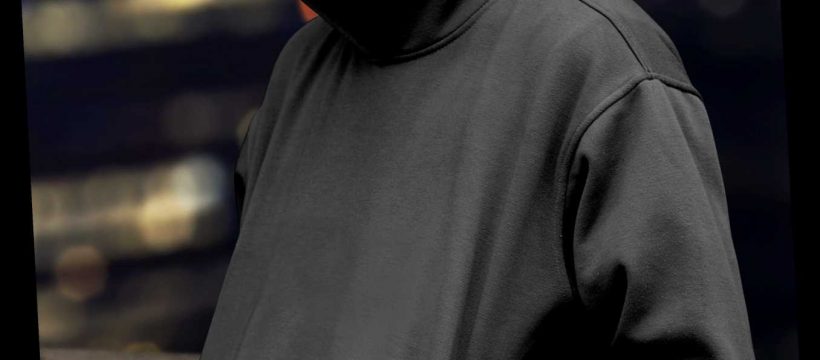BRITAIN’S youngest terrorist is eligible for release this year — but his identity is being kept secret.
The teenager, who plotted to behead police officers in Australia, could walk free within months after serving five years of a life term.
But a life-long anonymity order means the lad, identified as Boy X, could walk the streets among an unsuspecting public.
Dr Paul Stott, of anti-extremism think tank the Henry Jackson Society, said: “The 2019 decision to grant a teenage terrorist lifelong anonymity, despite the objections of the media, was a remarkable decision.
“The public will rightly be disturbed that a young man considered dangerous enough to be jailed for life in 2015 may be considered for release in April 2020.
“The attack at London Bridge and Sudesh Amman’s in Streatham have proven that we can’t rule out released terrorists going on the rampage again.
The interests and concerns of the general public must come first.”
Boy X is one of 50 caged terrorists who could be released this year.
He was jailed for life for inciting terrorism aged just 14.
However, he may be set free after five years if he can show he no longer poses a threat to the public.
Unlike those given shorter, fixed terms, he will have to appear before the Parole Board and be deemed safe.
At a hearing in October 2015 over keeping his identity secret, Mr Justice Saunders said there was a risk he would be glorified in some parts of society.
He added: “That glorification is more likely to be effective if he is identified and more likely to encourage others to do what he has done.”
TEEN TARGETED POLICE
The teenager’s targets included a police station and a town hall in the UK and he had a guide on how to make bombs.
Police found a combat knife and an IS flag when they raided his home.
The security services had the bespectacled teenager on their radar for about a year before he was detained.
He had built up a Twitter fan base of 24,000 followers by operating 89 accounts before the social media giant closed them.
Boy X made contact with an Aussie IS recruiter based in Syria.
The boy, of Blackburn, Lancs, plotted a massacre in Melbourne on Anzac Day with accomplice Sevdet Besim.
The boy ordered Besim to behead police on the state occasion — the Australian equivalent of Remembrance Sunday — but both plotters were held by police with just days to go.
Boy X also drew up a list of four teachers he wanted to behead as he communicated with IS fanatics on social media.
His twisted behaviour at school even gave rise to classmates nicknaming him “The Terrorist”.
Shockingly, his mobile phone had footage of beheadings which he brazenly showed other pupils.
At the time he was sentenced Det Chief Supt Tony Mole, head of the North West Counter Terrorism Unit, said his case should serve as a warning to teenagers of the seductive nature of terrorist propaganda online.
Jailing him, the judge said: “I have no doubt a significant risk remains. I very much hope that the risk will have been removed in five years and he can be released.”
Keir's 'soft justice'
SIR Keir Starmer persuaded the courts to relax a strict control order for a terror suspect linked to engineer Ken Bigley’s killing.
The Labour leadership front-runner represented the man in a case which led to his curfew hours being reduced.
It was despite security services warning the man, known only as NN, was one of six Iraqis they regarded as a dangerous threat to Britain.
One of the six, later named as Bestun Salim and said to have links to al-Qaeda leader Abu Musab al-Zarqawi, absconded.
In 2004, Mr Bigley, 62, was kidnapped while working on construction projects in Iraq. He was beheaded by al-Zarqawi in an act of savagery that was filmed and posted online.
One MP said last night: “Legal representation is a right but people will draw their own conclusions regarding who Keir Starmer has represented.”
Sir Keir made his name as a defence lawyer specialising in human rights cases. In the NN case, the six Iraqis were held under the Terrorism Act 2000, then released and redetained pending deportation. They were placed under control orders.
Sir Keir persuaded the Law Lords that their 18-hour curfews were too strict and breached their human rights.
Months later, he became director of public prosecutions.
Source: Read Full Article






